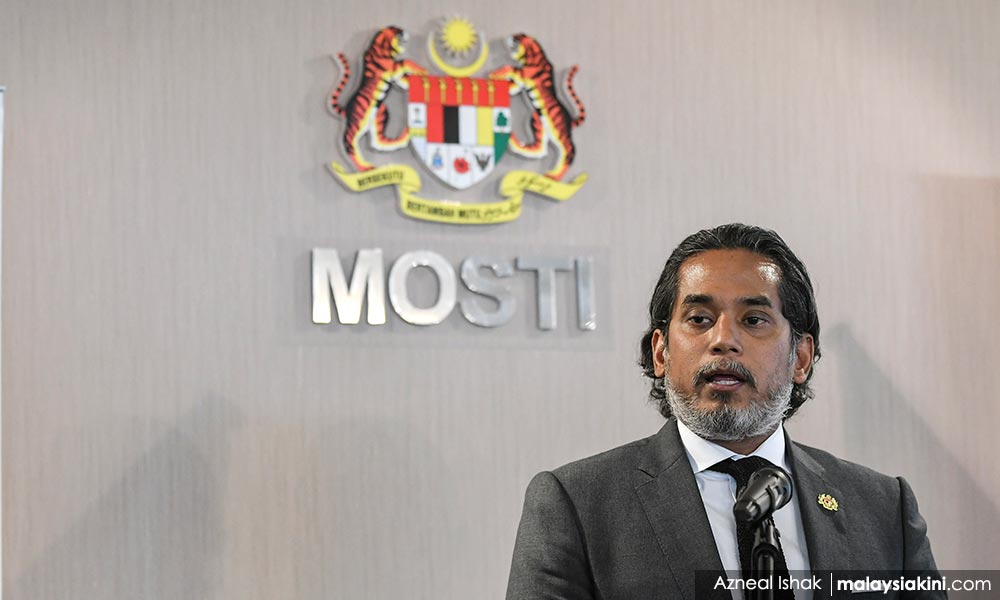Malaysia is expected to receive 1,624,800 doses of AstraZeneca’s Covid-19 vaccine through the Covid-19 Vaccines Global Access Facility (Covax) by the first half of this year.
This is according to an interim distribution forecast issued by global health partnership Gavi last night, which is meant to help participating countries plan their vaccine rollouts.
The number is ‘indicative’ and subject to change due to several caveats, including whether the vaccine would be approved by the World Health Organisation (WHO), and whether the actual supply of the vaccine may change due to manufacturing and other constraints.
The actual allocation for Malaysia and other participating nations would only be announced once the WHO grants "Emergency Use Listing" (EUL) for the AstraZeneca vaccine.
“The exact delivery after allocation will depend on the sequence of countries in the shipment plan, the time taken to place the purchase order, legal/regulatory obligations, as well as the supplier’s lead time and related logistics,” it said in the forecast.
Meanwhile, Reuters quoted WHO official Ann Lindstrand saying that WHO hopes to receive the doses in late February or early March.
Gavi co-leads Covax together with the WHO and the Coalition for Epidemic Preparedness Innovations.
Malaysia has committed US$22,656,200 (RM94.08 million) as upfront payment for 6.4 million doses of Covid-19 vaccines through Covax. The final cost is not known.
According to yesterday’s document, Malaysia’s vaccines purchased through Covax will come from SK Bioscience in South Korea, which agreed to help AstraZeneca build up its vaccine supply in July last year.
The other manufacturer supplying AstraZeneca vaccines to Covax is the Serum Institute of India. Pfizer-BioNTech’s Covid-19 vaccine is also available through Covax and has already been granted an EUL by the WHO.
Overall, the forecast lists the indicative distribution of 336 million doses of the AstraZeneca vaccine, and allocation of 1.2 million doses of the Pfizer-BioNTech vaccine, to 145 participating countries.
On average, each country is expected to receive enough doses to cover 3.3 percent of its population through Covax in the first half of 2021. Malaysia is receiving enough for about 2.5 percent of its population.
Malaysia is a self-financing participant in Covax. The vaccine facility aims to ensure Covid-19 vaccines are distributed equitably to all countries but has struggled to raise the necessary funding.

Special Committee on Covid-19 Vaccine Supply co-chairperson Khairy Jamaluddin previously said Malaysia is joining Covax as a “Plan B” due to the possibility that the facility may fail, although it is happy with Covax’s objective of overcoming the pandemic through global solidarity.
Malaysia has booked enough vaccines through Covax to cover only 10 percent of its population, which is the minimum order.
For the record, Malaysia has a separate direct deal with AstraZeneca for another 6.4 million doses.
In addition, Malaysia has signed agreements to secure 24.28 million doses of the Pfizer-BioNTech vaccine, 12 million doses of Sinovac’s vaccine, and 6.4 million doses of the Gamaleya Institute’s vaccine.
Malaysia is also in final negotiations with CanSino Biologics for 3.5 million doses of its vaccine. Unlike the other vaccines that require two doses to be effective, CanSino Biologics’ vaccine is designed to be effective after a single dose.
Malaysia is due to receive one million doses of the Pfizer-BioNTech vaccine in the first quarter of this year, beginning Feb 26, and another 1.7 million doses in the second quarter.
Pharmaniaga, which is partnering with Sinovac to supply the government with its vaccine, hopes to begin deliveries in March.
Malaysia hopes to vaccinate at least 70 percent of its population over an 18-month period to achieve herd immunity against the disease.
However, only about 78 percent of the population are eligible for vaccination in the first place, until further studies prove the current crop of vaccines are safe and effective for those below 18 years old. - Mkini




No comments:
Post a Comment
Note: Only a member of this blog may post a comment.